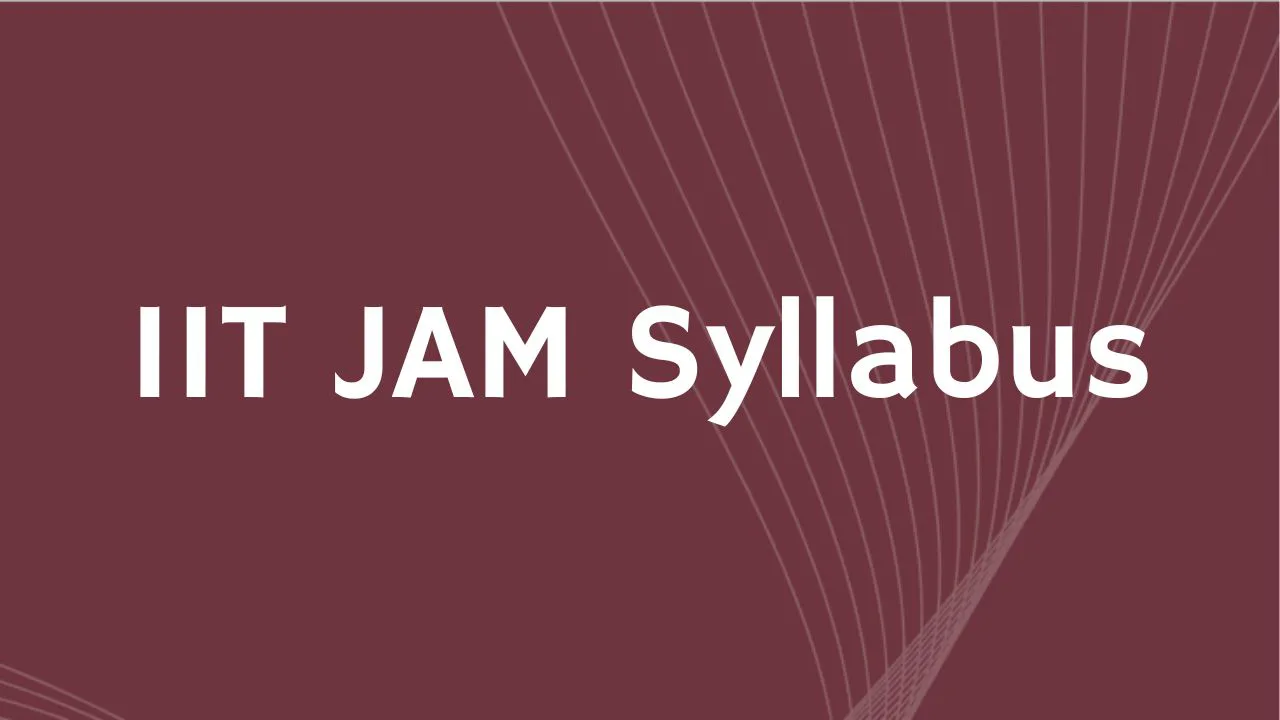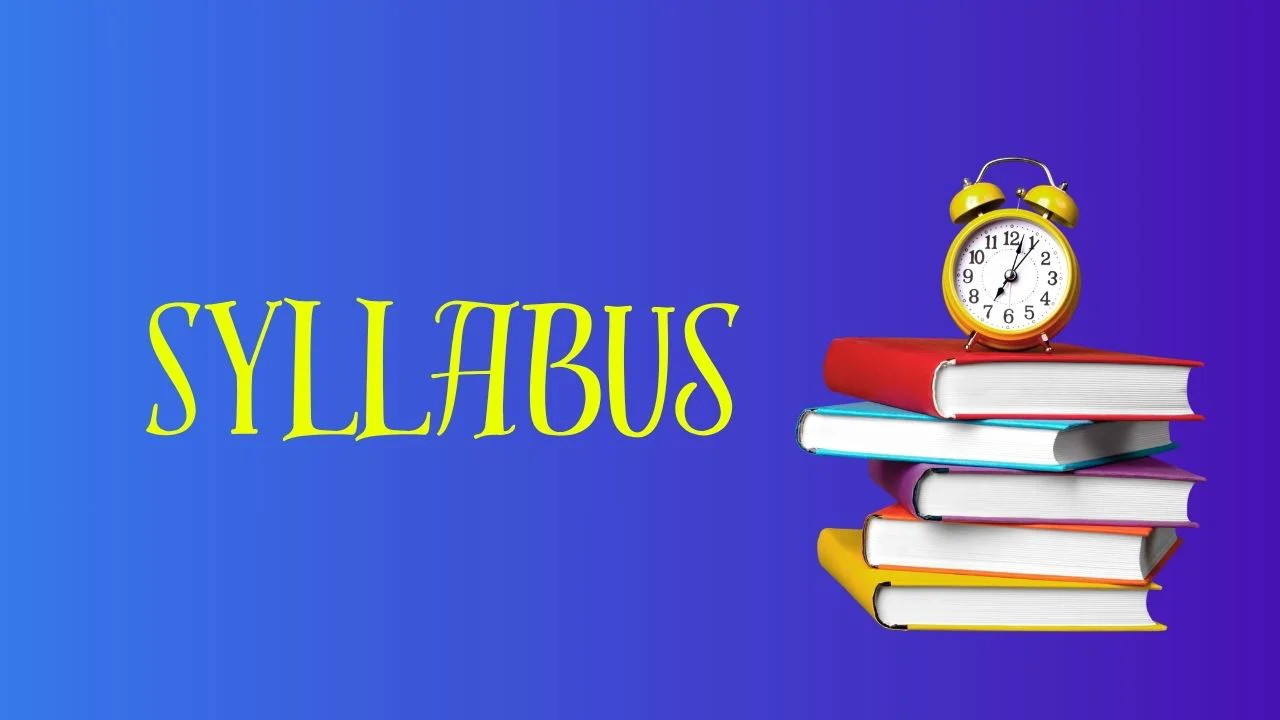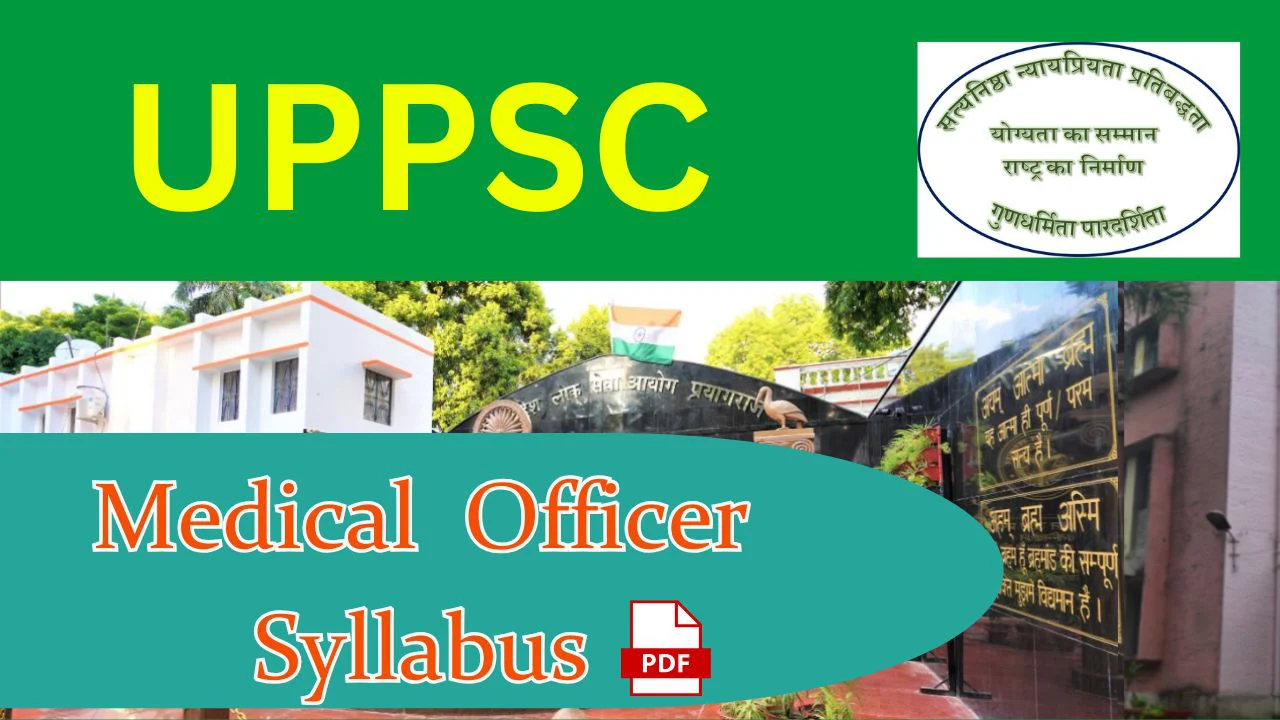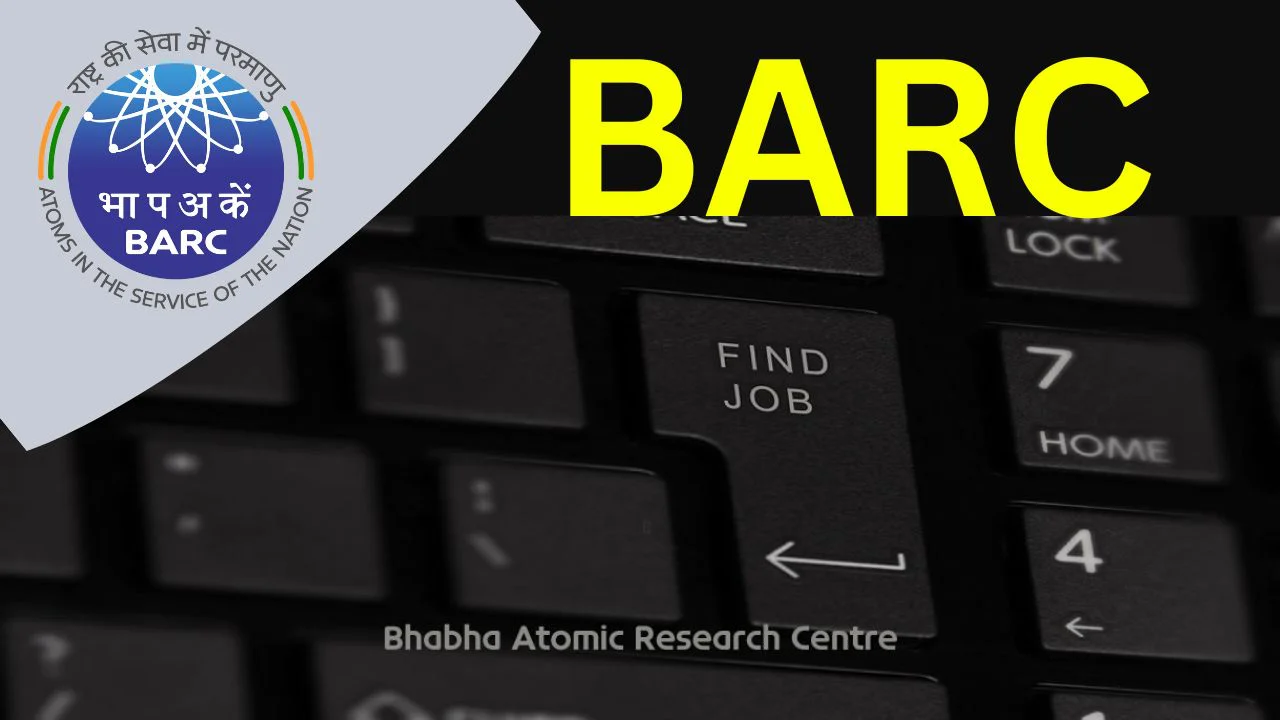IIT JAM Syllabus 2026 & Exam Pattern: The Indian Institutes of Technology Joint Admission Test for M.Sc. (IIT JAM) is a prestigious national-level entrance examination conducted annually by IIT Bombay. It serves as a gateway for admission to various postgraduate science programs, including M.Sc., Joint M.Sc.-Ph.D., and Dual Degree programs, across IITs and other participating institutions. The IIT JAM 2026 is scheduled for February 15, 2026, and will be held in an online mode.
IIT JAM Syllabus 2026
| Exam Name | IIT JAM 2026 |
| Conducting Body | IIT Bombay |
| Exam Date | February 15, 2026 (Sunday) |
| Mode of Exam | Online (Computer-Based Test) |
| Duration | 3 Hours |
| Total Questions | 60 (MCQs, MSQs, and NATs) |
| Total Marks | 100 |
| Subjects Offered | Physics, Chemistry, Mathematics, Mathematical Statistics, Biotechnology, Economics, Geology |
| Official Website | jam2026.iitb.ac.in |
IIT JAM Exam Pattern 2026
The subjects included in the IIT JAM Written Exam are given here
- Biotechnology (BT)
- Chemistry (CY)
- Economics (EN)
- Geology (GG)
- Mathematics (MA)
- Mathematical Statistics (MS)
- Physics (PH)
- Biological Sciences (BL)
IIT JAM Exam Pattern 2026 Section-wise
- Section A contains a total of 30 Multiple Choice Questions (MCQs) involving 10 questions of one mark each and 20 questions of two marks each. Each MCQ has four choices out of which only one choice is the correct answer. Candidates can mark the answer by clicking the choice.
- Section B contains a total of 10 Multiple Select Questions (MSQs) carrying two marks each. Each MSQ is similar to MCQ but with the difference that MSQ may have one or more than one correct choice(s) out of the four given choices. The candidate gets full credit only if he/she selects all the correct answer(s) only and no wrong answers. Candidates can mark the answer(s) by clicking the choice(s).
- Section C contains a total of 20 Numerical Answer Type (NAT) questions involving 10 questions of one mark each and 10 questions of two marks each. For these NAT-type questions, the answer is a signed real number, which needs to be entered using the virtual numeric keypad on the monitor. No choices will be shown for NAT questions.
| Section | Type of Questions | Number of Questions | Marks per Question | Negative Marking |
|---|
| A | Multiple Choice Questions (MCQs) | 30 | 1 & 2 | Yes |
| B | Multiple Select Questions (MSQs) | 10 | 2 | No |
| C | Numerical Answer Type (NAT) | 20 | 1 & 2 | No |
Note: In all sections, questions not attempted will result in zero marks. In Section-A (MCQ), the wrong answer will result in negative marks. For each wrong answer to 1-mark questions, 1/3 mark will be deducted and similarly, for each wrong answer to 2-mark questions, 2/3 mark will be deducted. In Section-B (MSQ), there are no negative and no partial marking provisions. There is no negative marking in Section-C (NAT) as well.
IIT JAM Syllabus 2026 PDF
Candidates must cover all the topics outlined in the IIT JAM Entrance Exam Syllabus 2026. All questions asked in the exam are based on the topics that are in the JAM 2026 Syllabus. The syllabus for IIT JAM 2026 is subject-specific. Below is a brief overview of the topics covered in each subject:
Physics
| Unit | Topics |
|---|
| Mechanics & General Properties | Laws of motion, Work, Energy, Power, Rotational dynamics |
| Oscillations & Waves | Simple harmonic motion, Wave propagation, Doppler effect |
| Thermodynamics & Statistical Physics | Laws of thermodynamics, Entropy, Maxwell-Boltzmann distribution |
| Electricity & Magnetism | Electrostatics, Magnetic fields, Electromagnetic induction |
| Modern Physics | Quantum mechanics, Atomic models, Nuclear physics |
| Optics & Electronics | Ray and wave optics, Semiconductor devices, Digital electronics |
Chemistry
| Unit | Topics |
|---|
| Physical Chemistry | Thermodynamics, Chemical kinetics, Electrochemistry |
| Organic Chemistry | Hydrocarbons, Functional groups, Reaction mechanisms |
| Inorganic Chemistry | Periodic table, Coordination compounds, Bioinorganic chemistry |
| Analytical Chemistry | Qualitative and quantitative analysis, Instrumental methods |
Mathematics
| Unit | Topics |
|---|
| Set Theory & Logic | Sets, Relations, Functions, Propositional logic |
| Linear Algebra | Matrices, Determinants, Eigenvalues, Eigenvectors |
| Calculus | Limits, Continuity, Differentiation, Integration |
| Differential Equations | First-order and higher-order differential equations |
| Real Analysis | Sequences, Series, Continuity, Differentiability |
| Probability & Statistics | Random variables, Probability distributions, Statistical inference |
Direct Links to IIT JAM Syllabus 2026









